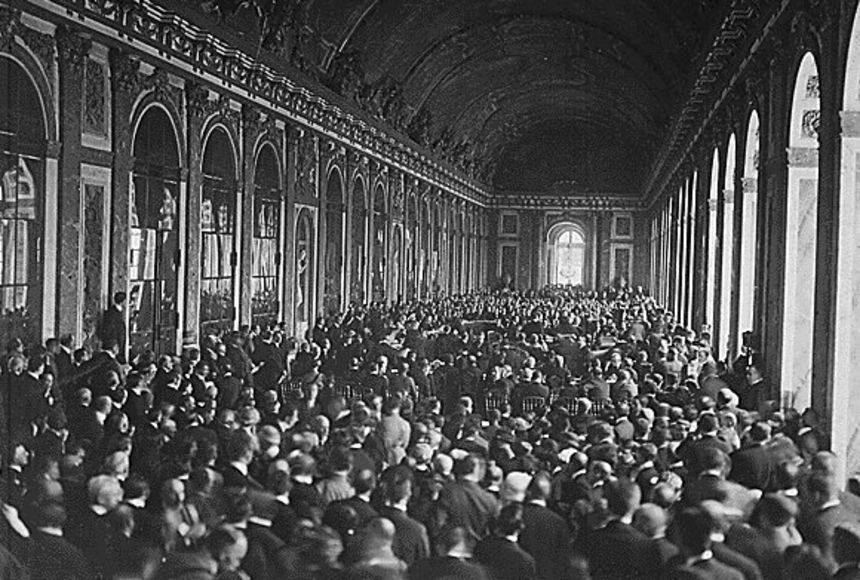
The Treaty of Versailles, signed in Paris in 1919, stands as one of the most significant peace treaties in history. It marked the formal end of World War I and was intended to bring lasting stability to Europe. However, its terms and consequences have been debated and scrutinized for decades, as they had profound and far-reaching effects on the 20th century geopolitical landscape.
Historical Context
World War I, often referred to as the Great War, had been a devastating conflict that lasted from 1914 to 1918. By the time it ended, millions of lives had been lost, and Europe lay in ruins. The Allies, including France, the United Kingdom, and the United States, emerged victorious, and the Central Powers, led by Germany, were defeated.
Key Provisions of the Treaty
-
Territorial Changes: The treaty imposed significant territorial changes. Germany lost territory to Belgium, France, Denmark, and Poland. Alsace-Lorraine was returned to France, and the Saar Basin was placed under the administration of the League of Nations. The former German colonies were distributed among the Allies.
-
Military Limitations: The treaty imposed severe military restrictions on Germany. The German army was limited to 100,000 troops, and conscription was banned. Germany was also prohibited from having an air force, submarines, and tanks.
-
War Guilt Clause: Article 231 of the treaty, known as the "war guilt clause," placed sole responsibility for the war on Germany and its allies. This clause would have profound consequences for Germany's reputation and its people's sense of injustice.
-
Reparations: Germany was obligated to pay reparations to the Allies for war damages. The exact amount was not specified initially but was later set at 132 billion gold marks, an astronomical sum for the time.
-
League of Nations: The Treaty of Versailles established the League of Nations, an international organization aimed at preventing future conflicts through diplomacy and cooperation. However, the United States, despite initially proposing the idea, did not join the League.
Impact and Controversy
The Treaty of Versailles remains highly controversial. While it ended the war, it left deep scars:
-
Economic Hardship: The reparations imposed on Germany contributed to economic hardships in the country, leading to hyperinflation and social unrest.
-
National Humiliation: Many Germans viewed the treaty as a national humiliation due to the war guilt clause and territorial losses, fostering resentment and nationalist sentiment.
-
Precursor to World War II: The punitive terms of the treaty are often cited as a factor contributing to the rise of Adolf Hitler and the outbreak of World War II.
-
Redrawing Borders: The territorial changes led to the redrawing of borders in Europe, affecting millions of people and sometimes creating ethnically mixed regions prone to future conflicts.
-
Legacy of the League of Nations: The League of Nations, though a noble endeavor, failed to prevent further global conflicts, and its shortcomings contributed to the outbreak of World War II.
Conclusion
The Treaty of Versailles, signed in 1919 to end World War I, was a complex and controversial document. While it aimed to establish peace and stability in Europe, its punitive measures, especially towards Germany, had long-lasting and unintended consequences. The treaty's legacy serves as a stark reminder of the complexities of post-war diplomacy and the importance of addressing the root causes of conflict to achieve lasting peace.


